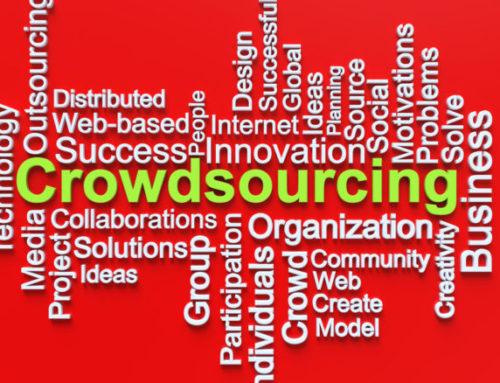How Does Technology Influence Innovation?
 In a recent round of research, I was reviewing adoption rates for new technologies. It took over 55 years for automobiles to reach 80 million people, whereas the internet was able to achieve the same feat in less than 18 years. It reminded me of the staggering comparison: “It took about 75 years for the telephone to connect to 50 million people. It took Angry Birds 35 days.”
In a recent round of research, I was reviewing adoption rates for new technologies. It took over 55 years for automobiles to reach 80 million people, whereas the internet was able to achieve the same feat in less than 18 years. It reminded me of the staggering comparison: “It took about 75 years for the telephone to connect to 50 million people. It took Angry Birds 35 days.”
Now I’ve been reminded that this is not a fair comparison as there are many other influencing factors (like infrastructure, budget concerns, etc), but at the same time, I think that is precisely the point. Digital infrastructure is fundamentally different than the rules of infrastructure in the physical world, which is why messages, trends, and new products are so easily disseminated these days. In this way, innovation in the technology sector is more volatile, powerful, and drives almost every other sector as it moves to keep pace with our own demands. So what emerging capabilities in the technology industry are influencing innovation in other sectors?
Artificial Intelligence (AI):
If you’re an organization or business that in any way collects or manages data, then you’re likely going to run into AI. AI will be driving online conversations, directing digital experiences, and oftentimes proactively making choices or reports for individuals and companies alike. This article cites the amount of time that can be saved by government officials, if AI chatbots can respond to constituent queries and instead of humans. That’s just one of 26 applications of AI for the government that they mention.
Blockchain
By far one of the buzziest words in Silicon Valley these days. More than a form of currency, it’s an approach to data that allows it to be securely decentralized. Anyone can access, add to, and verify data this way. And that could be used in almost any industry. For example, this article talks about its potential applications in the travel industry, which could help not only manage itineraries and payments, but also improving loyalty programs, luggage tracking, and travel ID, to name a few.
Augmented Reality
Even if your product exists in the real world, there are ways that you’ll need to think augmented reality. For example, IKEA now offers an app that lets you digitally “place” items from their catalog in your home so that you can see how you like it.
And More
Robotics, natural user interfaces, the list of emerging tech goes on and on. And all of these capabilities are going to influence your business, no matter which sector you’re in. It also places a tremendous ethical burden on technologists to forecast both good and bad applications of their technology to ensure that they’re building in thoughtful safeguards. But the most fun that you can have in innovation workshop these days is getting a group together to brainstorm ideas around an emerging trend to find out how it might impact your business.
To learn more about innovation in the technology sector, download our infographic on the subject.
This article was originally published on the IdeaScale blog here.




